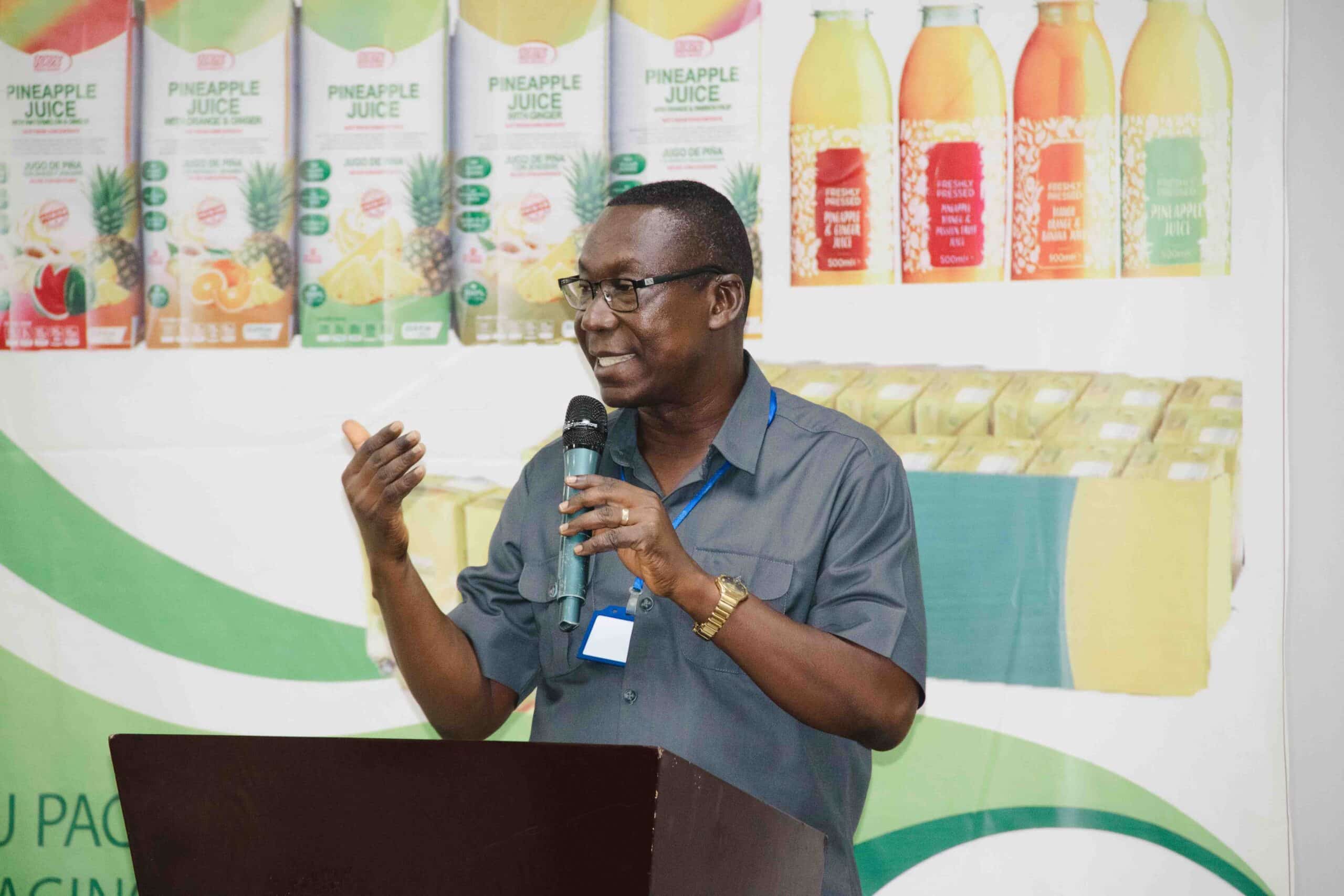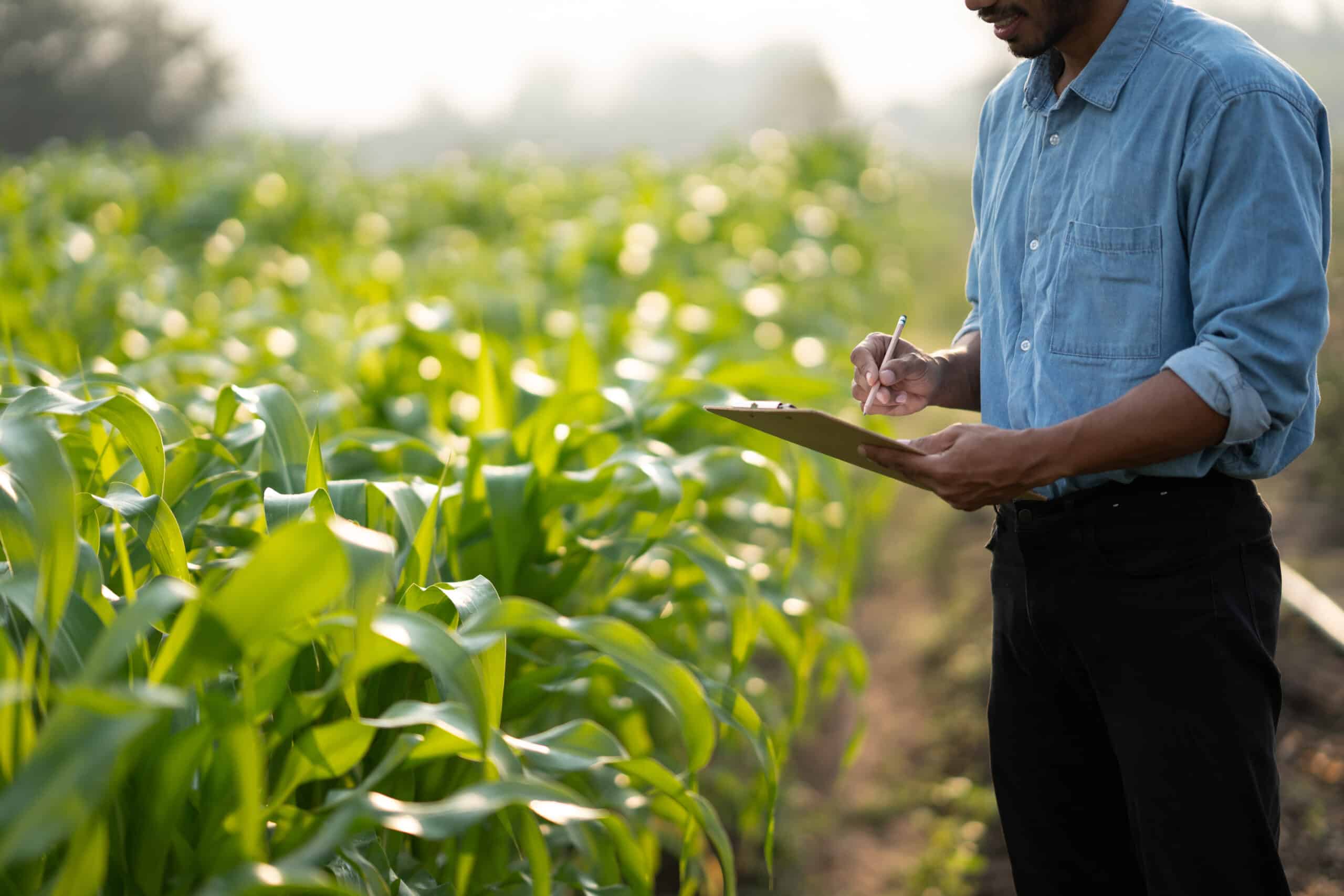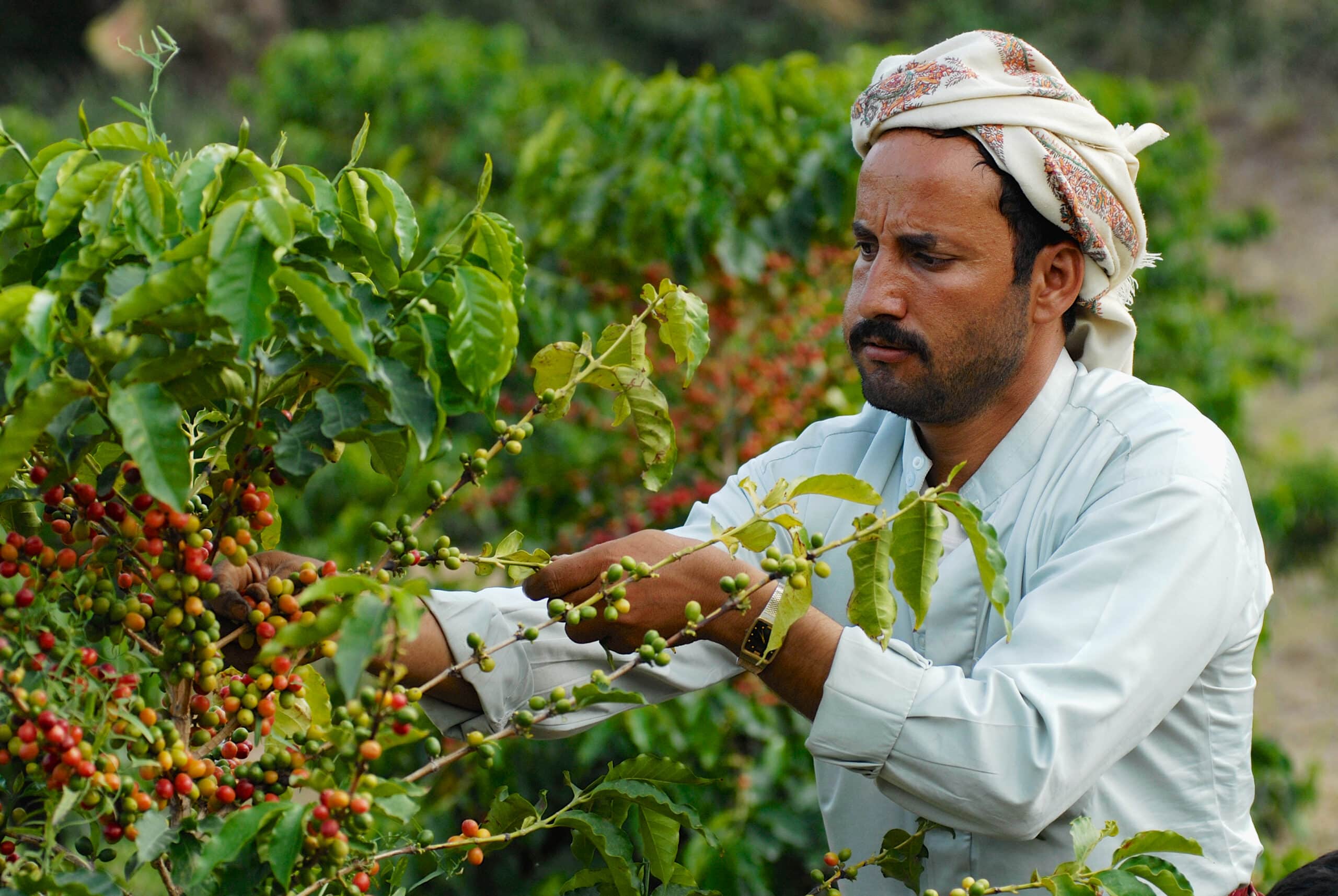Agricultural market research is providing valuable insights into the untapped potential of agribusinesses in developing countries.
The Food and Agriculture Organization of the United Nations (FAO) has recently expressed concern regarding the limited extent of investment in agriculture within low and middle-income countries (LMICs). This issue is aggravated by the fact that almost all private agricultural market research takes place in higher-income countries (HICs) despite significant yield gaps between developed and developing nations.
Sustainable agriculture consulting services play a crucial role in unlocking the potential of the developing nations. Specifically, it can help identify viable agricultural investment solutions that enable LMICs to achieve self-sufficiency in agriculture and decrease their dependence on costly agricultural imports.
How much investment is needed to bridge the poverty gap?
Agricultural market research from FAO estimated that an additional $265 billion per year would be needed to eradicate poverty and hunger by 2030. The impacts of climate change, land degradation, and water overuse, increasing pressure from crop and animal diseases and growing antimicrobial resistance, all raise concerns and call for more investment in agriculture.
Small-scale farms in developing nations have the potential to significantly contribute to poverty eradication, along with numerous other issues but these farms often face limited access to financial resources, preventing them from realizing their full potential. Even when financing is available, small businesses and farmers are likely to encounter unfavorable conditions such as high interest rates or inflexible repayment schedules. Innovative enterprises, business models, and technologies are particularly affected by such constraints.
Additionally, the absence of access to industry experts, such as sustainable agriculture consulting services can hinder the growth of small farms and agribusinesses. Investment is closely linked with knowledge, and without guidance from stakeholders, governments, industry experts, and investors, these businesses can make mistakes that stifle their development. For instance farmers in developing nations may not have sufficient access to the latest agriculture market research and may consequently struggle to implement appropriate food safety policies and procedures or develop robust business continuity strategies.
Traditionally, private investors are reluctant to invest in early-stage enterprises due to perceived high risk and low returns. This often leaves public and philanthropic organisations investing in agricultural projects on their own without benefiting from the experience, expertise, and capital that commercial investors can bring or the type of agricultural market research and insights that food sustainability consultants can provide.
Although developing countries frequently exhibit appealing characteristics, such as high yields and the potential for rapid expansion, investors may be hesitant to seize these opportunities if the risk-adjusted returns do not compare favorably to their alternatives. Projects in developing countries and emerging markets often require significantly more agricultural market research as they carry higher risk and are more challenging to finance, given long investment terms and higher exposure to political, market and weather related risks.
Blended finance has long been viewed by agri experts as one of the most viable ways to secure seemingly high risk or low yield investments. Blended finance uses capital from public or philanthropic sources to increase or mobilise private sector investment in developing countries. It can help distribute risk between the private sector and taxpayers, creating more attractive opportunities for investors.
Blended finance models, although varied, involve public and philanthropic entities providing the necessary support to encourage private sector investment in projects they might otherwise overlook. These blended finance strategies can also magnify the impact of public sector investments. Generally, blended finance pursues one of three primary objectives: reducing risk, improving returns and increasing the likelihood of social impact – this is where ESG consulting is particularly valuable.
Why food sustainability consultants recommend blended finance for development in agriculture
Although agriculture has traditionally seen a high level of public sector intervention, it is estimated that only 15% of blended finance deals target agriculture. With public sector budgets expected to face increasing strain due to the conflict in Ukraine, rising inflation, and political uncertainty, the demand for blended finance solutions in agricultural development will likely grow.
The United States Agency for International Development (USAID) has been at the forefront of promoting blended financing in agriculture, supporting a greater number of transactions than any other organization to date. For instance, USAID sponsored a 50% loan-loss guarantee for a portfolio of 274 agribusiness loans provided by three financial institutions in Cambodia. This support significantly reduced potential losses and facilitated an additional lending of $1.8 million.
Other examples of blended finance include Mountain Hazelnuts – a company that cultivates hazelnut saplings in Bhutan – which saw the Global Agriculture and Food Security Program (GAFSP) match a $3 million investment from the IFC and the Asian Development Bank (ADB). This use of blended finance was crucial in mobilizing IFC and ADB funding and in closing the remaining funding gap for the project, which would not have been completed without its support.
Despite the numerous benefits and endorsements from food sustainability consultants, blended finance has not yet become the preferred mechanism for investors and financiers in developing regions. A discernible market gap exists for financing aimed at innovative AgTech and higher-risk Agribusinesses. Blended finance presents an opportunity for small and medium-sized enterprises (SMEs) in developing countries to access much-needed funding to advance agricultural development, invest in food safety policies and procedures, and contribute to achieving sustainable development goals.
Unleash investment potential with expert agricultural market research
By leveraging key services such as ESG consulting, agricultural feasibility studies, food sustainability consulting, and sustainable agriculture consulting, investors can gain a precise and well-informed evaluation of target investments, while mitigating risks and fostering sustainable growth.
Our expert commercial and technical insights can assist clients across various essential areas, such as due diligence, policy and regulation, strategy and execution, and market intelligence.
With global experience and a comprehensive understanding of market feasibility, mergers and acquisitions, and the ever-evolving dynamics across the food and agriculture industry, we are well-positioned to support our clients across the entire food system. If you would like help uncovering the nuances around your target investment opportunities and projects, talk to our team today.














